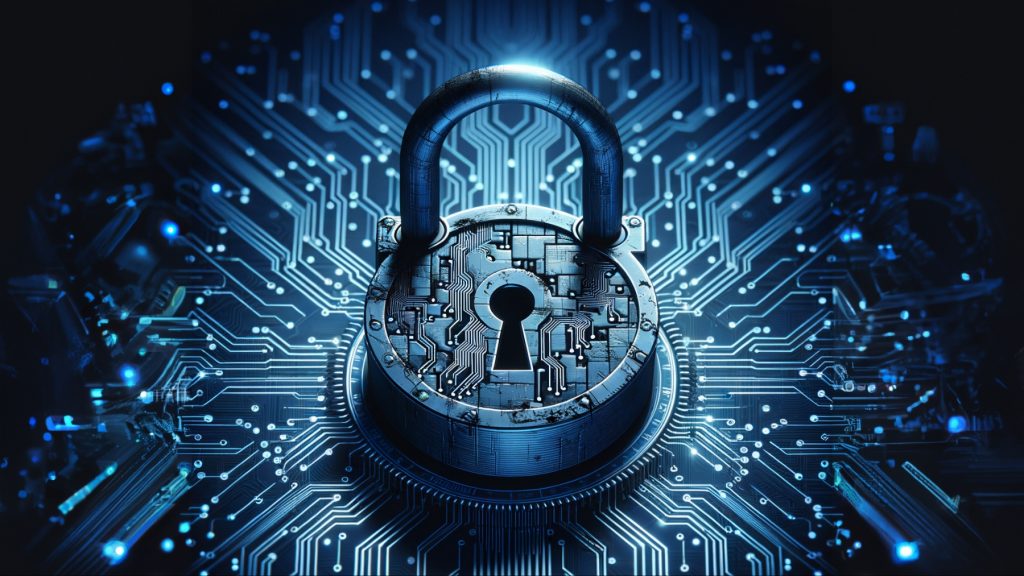
The Industrial cybersecurity market is booming as digital technologies reshape global manufacturing and petrochemical sectors in a move to push for demand for secure plant control systems and cloud computing applications.
AI and IIoT in industrial security are surfacing as key tools in strengthening cybersecurity measures to develop advanced solutions for digital industrial infrastructures. AI in industrial security is encouraging the market for keeping all things digital safe and secure.
On Thursday, many experts at the latest round of the Global Manufacturing and Industrialization Summit or GMIS 2024 held in Abu Dhabi, UAE, projected the figure to be between $50 billion and $100 billion by the turn of the current decade.
Cybersecurity in Industrial Control Systems
Precedence Research and Future Market Insights project an 8% to 9% compound annual growth rate from current levels of around $20 billion to just over $50 billion by 2033. According to research done by Deloitte, the industrial cybersecurity market is gaining more traction and being integrated into headline operating budgets.
“With cyber security being a key pillar of safeguarding the industrial estate in the digital age, spending on it is growing exponentially because it is now a core corporate objective and deemed mission critical by many industries,” Courtney Gregoire, vice president and chief digital safety officer, Microsoft told GMIS.
In parallel, Barbara Frei, Executive Vice President Industrial Automation, Schneider Electric, mentioned that installing a figure on how big the market will be over the medium-term remains challenging because technological solutions to improve Industrial cybersecurity are evolving and so are their intended cyber safeguards.
The 4IR Challenge
Namir Hourani, Managing Director of GMIS, underlines the challenges of cybersecurity in industrial control systems especially for the Fourth Industrial Revolution.
As these technologies, such AI, Internet-of-things (IoT), and automation, integrate further into daily life, so do the risks of cyberattacks and data breaches. The security of digital systems and infrastructures is very important, Hourani says, in order to make sure that fourth industrial revolution (4IR) evolves safely and successfully.
According to the head of the Policy Links Unit at Cambridge Industrial Innovation Policy, Carlos López-Gómez, usually, the topic of cyber threats tends to be limited, being mainly presented only regarding incidents affecting finance or reputation while avoiding such attacks’ physical destruction consequences regarding critical infrastructures. There should be more spotlight on the common cybersecurity vulnerabilities in industrial control systems.
A response, GMIS 2024 introduced the Manifesto for Global Industrial Safety, developed by key global organizations, to set new sustainability benchmarks in industrial practices in the multi-billion-dollar cybersecurity market.
Final Thoughts
Given the continuous breeches in security that are suffered by the US government, specifically from China, and considering the increased usage of cyberattacks in contemporary military operations, investment in cybersecurity has become supreme for governments and their agencies.
By investing in more Industrial cybersecurity infrastructures, governments can ensure resilience against future attacks. The importance of cyber defense in the modern world is a need for governments to take steps and invest their resources to secure their digital landscapes.
Inside Telecom provides you with an extensive list of content covering all aspects of the tech industry. Keep an eye on our Tech sections to stay informed and up-to-date with our daily articles.